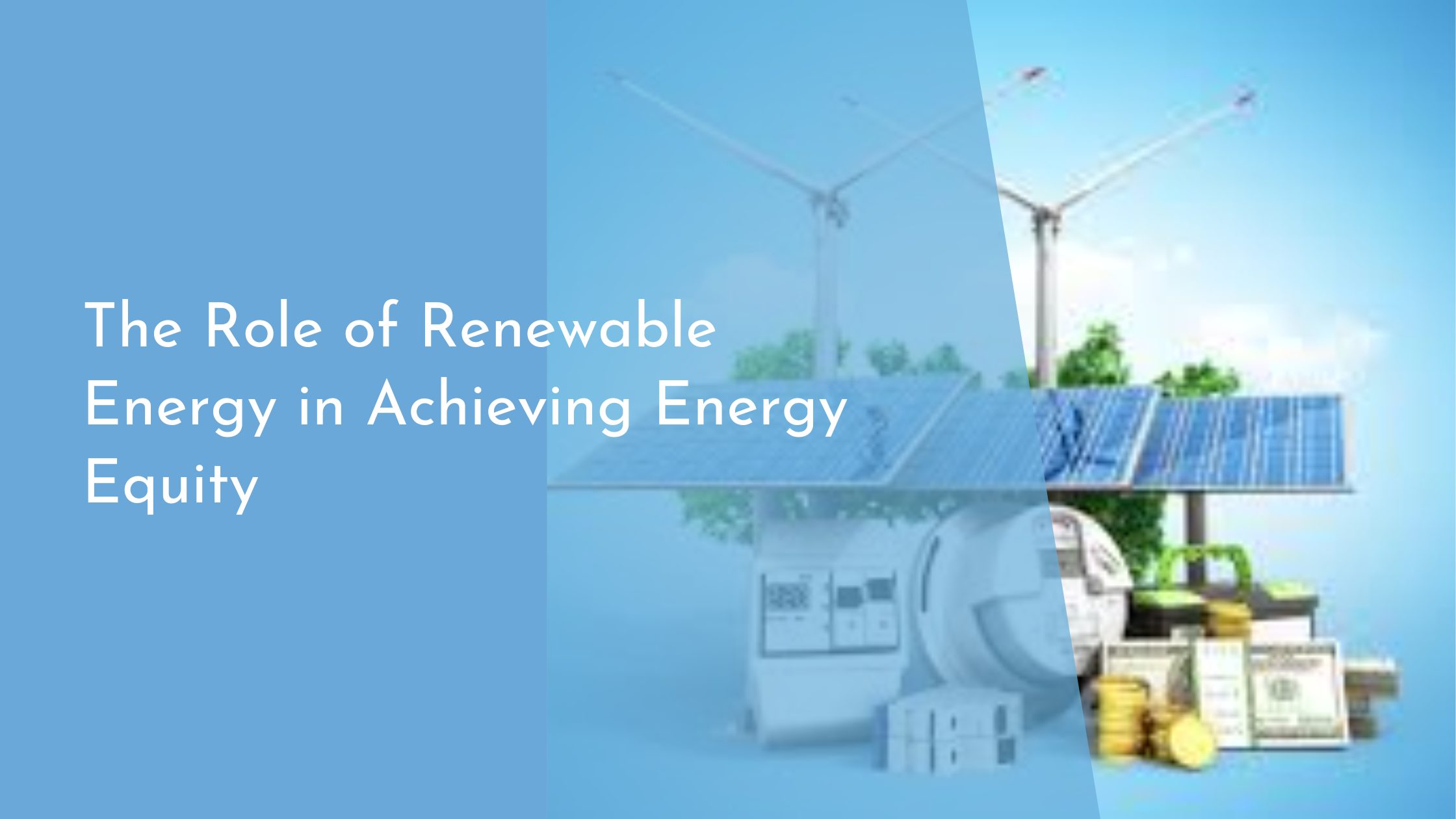The Role of Renewable Energy in Achieving Energy Equity
Energy equity is emerging as a vital component of sustainable development discussions worldwide. As we strive for a future where everyone has access to affordable and reliable energy, renewable sources stand out as transformative forces. They promise not only environmental benefits but also the potential to bridge the energy gap between different socioeconomic groups. This article delves into the concept of energy equity, explores how renewable energy can facilitate fair access, examines the challenges in transitioning to these energy sources, and envisions a future where energy solutions are equitable and sustainable.
Understanding Energy Equity: Core Concepts
Energy equity refers to the fair distribution of energy resources, access, and opportunities, ensuring that all individuals, regardless of their socioeconomic status or geographic location, can utilize energy for their basic needs and economic activities. Core to this concept is the idea of inclusivity—overcoming historical disparities and making sure that vulnerable and marginalized communities are not left behind in the energy transition. Achieving energy equity requires a comprehensive understanding of the social, economic, and political factors that contribute to inequitable energy distribution and usage.
At its heart, energy equity involves addressing the disparities that exist between developed and developing regions, urban and rural areas, and different income groups. It also encompasses the mitigation of energy poverty, where people lack access to modern energy services. Energy equity is not only about ensuring access but also about improving energy security, affordability, and sustainability. By focusing on equity, we can work towards a future where energy systems support broader social justice goals, empowering communities by providing them with the resources needed for development and growth.
Renewable Energy: A Pathway to Fair Access
Renewable energy sources such as solar, wind, hydro, and biomass have the potential to democratize energy access and play a pivotal role in achieving energy equity. These sources are often more accessible and affordable than traditional fossil fuels, especially in remote and underserved areas. Solar energy, for example, can be harnessed through small-scale installations, providing electricity to off-grid communities and reducing reliance on expensive and polluting diesel generators. This decentralization of energy production can empower local communities, creating jobs and stimulating economic growth.
Moreover, renewables offer a resilient and sustainable alternative to conventional energy sources. As renewable technologies become more affordable due to technological advancements and economies of scale, they open up new opportunities for clean energy access, particularly in regions where infrastructure development has been historically neglected. By prioritizing renewable energy, policymakers can foster inclusive growth and create equitable energy solutions that benefit all segments of society. This shift not only supports environmental goals but also aligns with the broader agenda of social and economic equity.
Overcoming Barriers in Energy Transition
Despite the promising potential of renewable energy in promoting energy equity, several barriers must be addressed to ensure a successful transition. One major challenge is the upfront cost associated with renewable energy technologies. Although these costs have been decreasing, initial investments can still be a hindrance, especially in low-income communities and developing nations. Innovative financing models, subsidies, and international cooperation are essential to overcoming this hurdle and making renewable energy more accessible.
Another significant barrier is the lack of infrastructure and technological expertise in certain regions. Many areas, particularly in the developing world, lack the necessary grid infrastructure to integrate renewable energy sources effectively. Additionally, there is often a skills gap, where local populations may not have the training required to maintain and operate renewable energy systems. Addressing these issues requires targeted policy interventions, investment in education and training programs, and collaborative efforts to build the necessary infrastructure for a smooth energy transition.
The Bright Future of Equitable Energy Solutions
The future of energy equity looks promising, with ongoing advancements in technology and increasing global awareness of the need for sustainable energy practices. As governments, businesses, and communities continue to invest in renewable energy, the prospects for achieving equitable energy access grow brighter. The integration of smart grids, energy storage solutions, and innovative policy frameworks can further enhance the efficiency, reliability, and affordability of renewable energy, ensuring that its benefits are shared widely.
In conclusion, achieving energy equity through renewable energy is not just a possibility; it is an imperative for a just and sustainable world. By embracing renewable resources and addressing the challenges of energy transition, we can create a future where everyone has access to clean, affordable, and reliable energy. This approach not only supports environmental sustainability but also fosters economic development and social justice, paving the way for a world where energy equity is a reality for all.
Renewable energy offers a unique opportunity to address the pressing challenge of energy inequity, providing the tools needed to bridge the energy divide and promote inclusive growth. By focusing on equity, innovation, and collaboration, we can harness the power of renewable resources to create a more just and sustainable future. As we look ahead, the path to energy equity through renewables is not only hopeful but also essential for global prosperity and well-being. Let us champion this cause with enthusiasm and determination, ensuring that the benefits of clean energy are enjoyed by all, irrespective of their background or location.

